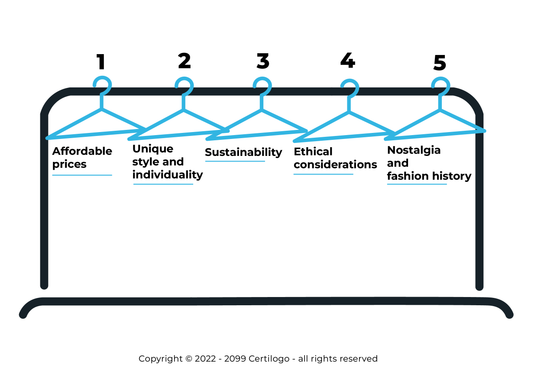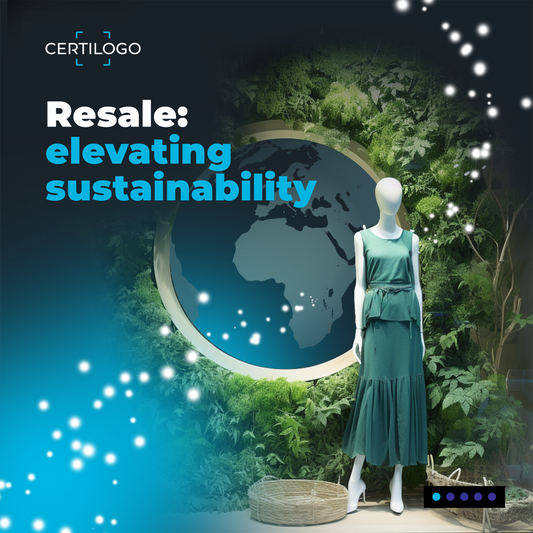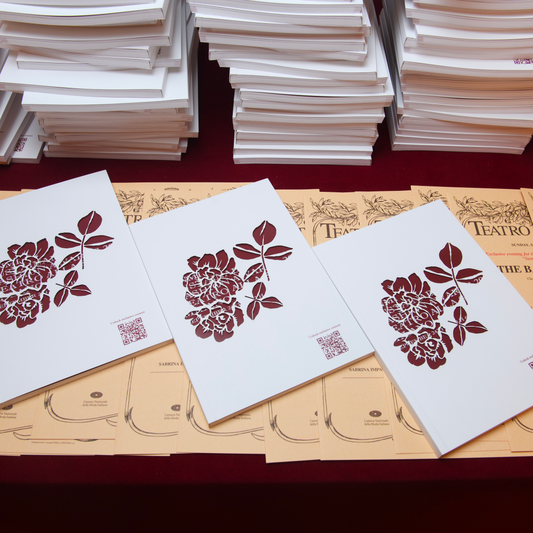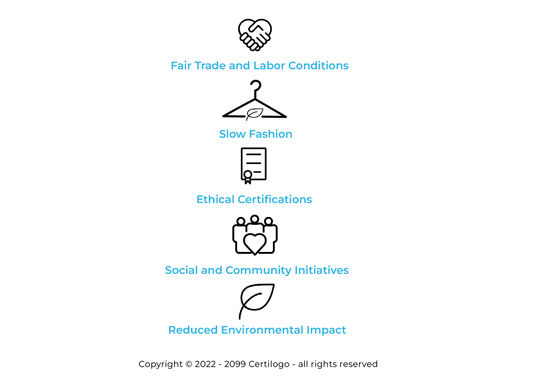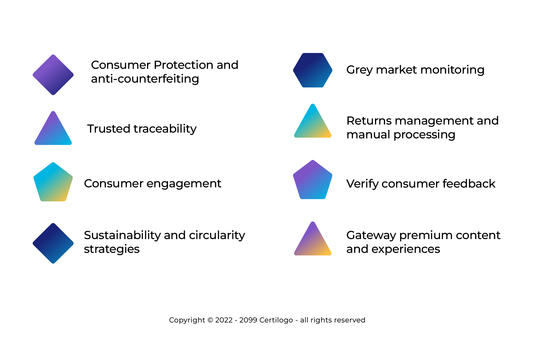Certilogo and Camera Nazionale della Moda Italiana announce the renewal of their official partnership
The different types of second-hand shopper
The weight of counterfeit goods in streetwear: safeguarding brands and protecting consumers
5 ways resale elevates sustainability
CERTILOGO is a partner of the CNMI Sustainable Fashion Awards 2023
Interest in ethical clothing is growing, is your brand keeping up?
8 ways brands are using product authentication to boost their business
What's the difference between sustainable fashion and eco fashion?
Net-zero fashion: Kering group set to cut its emissions by 40% by 2035
Fashion&Textile: EU is calling for EPR, Extended Producer Responsibility



